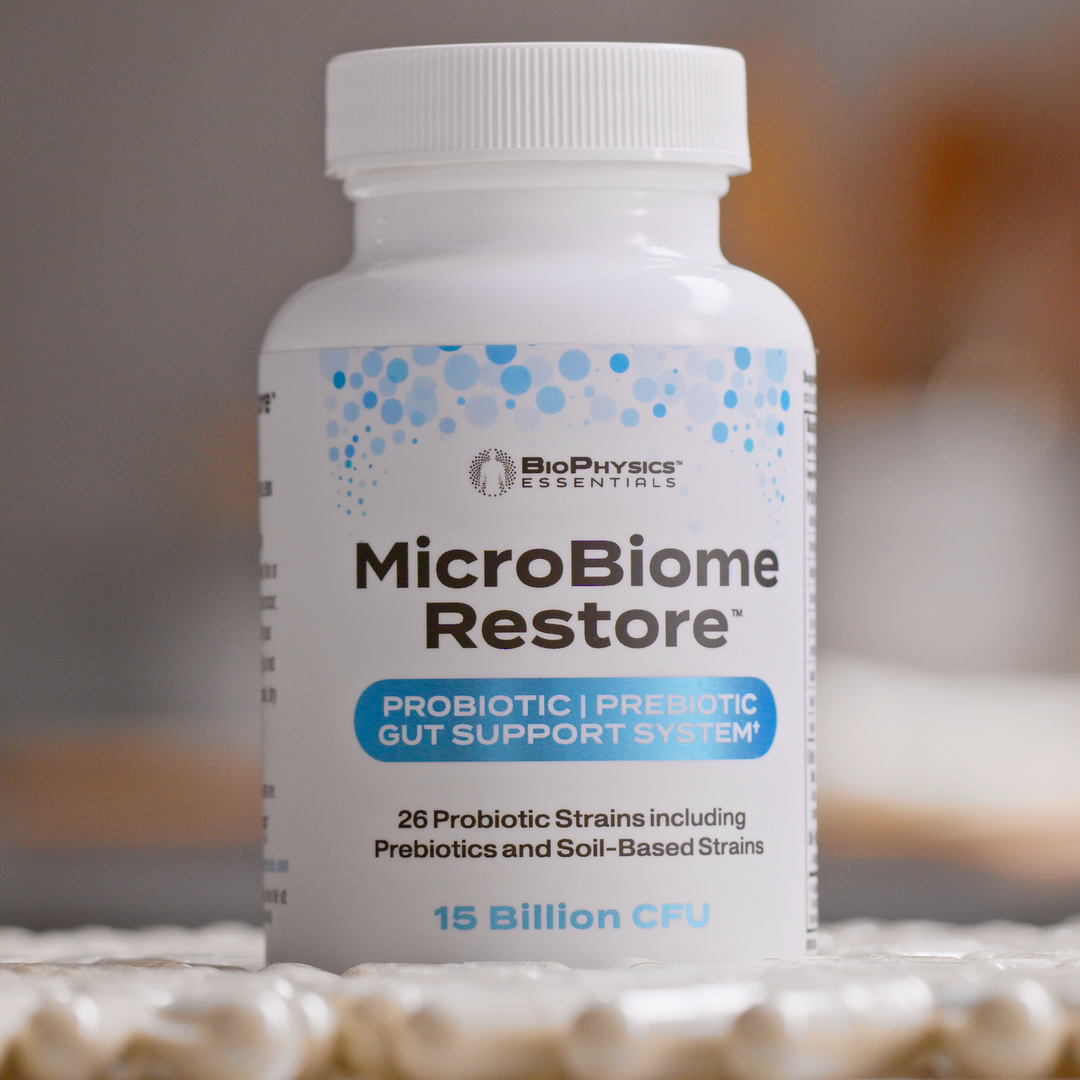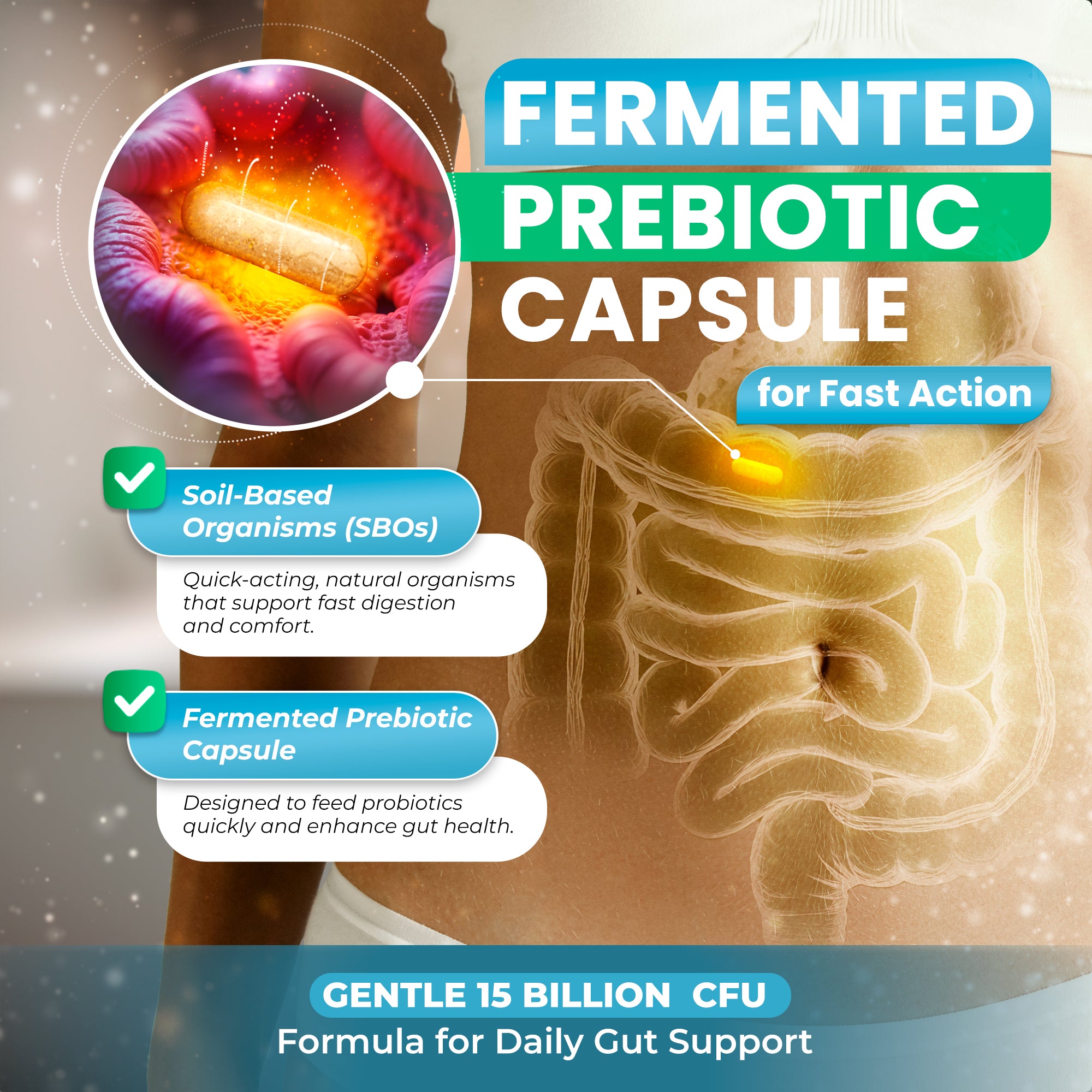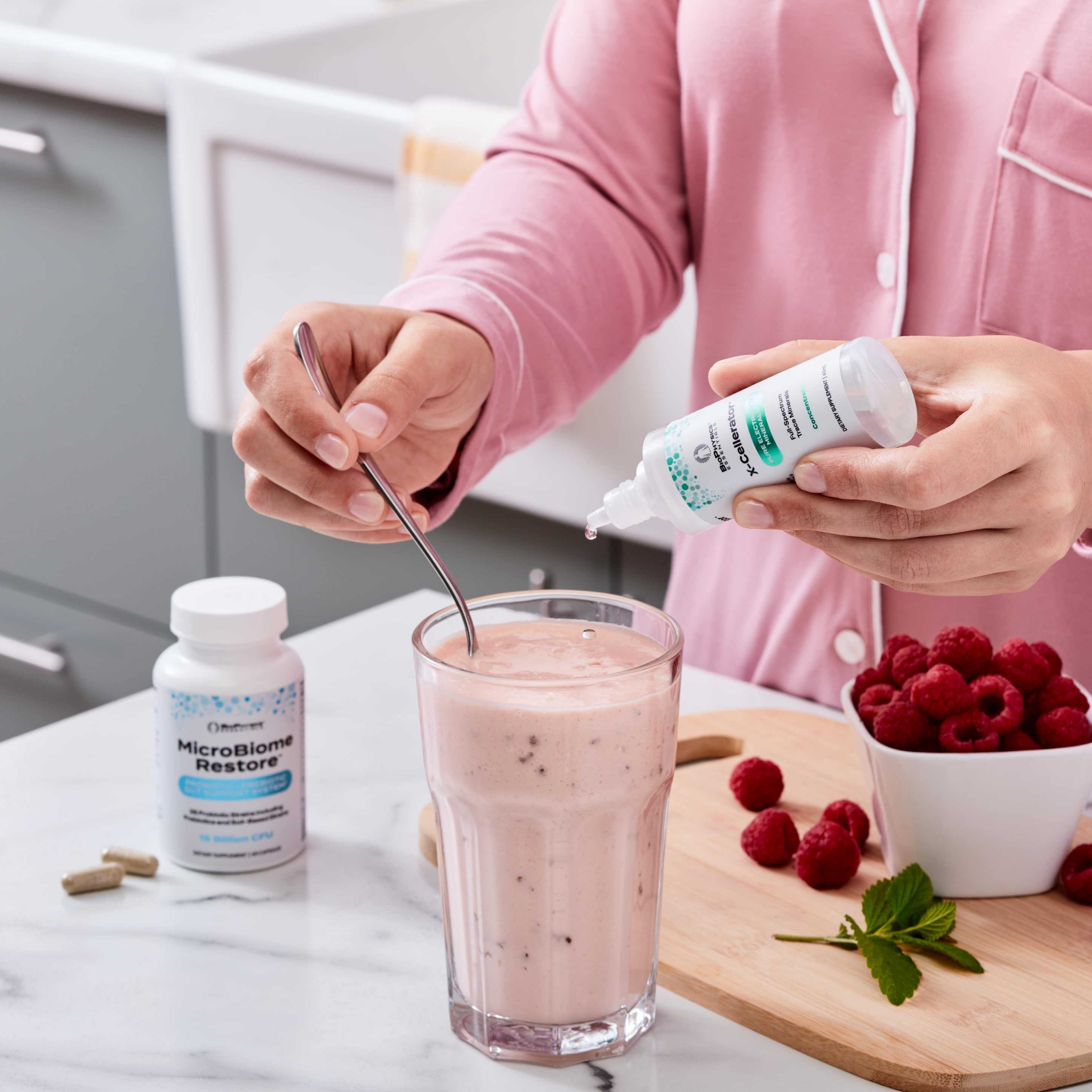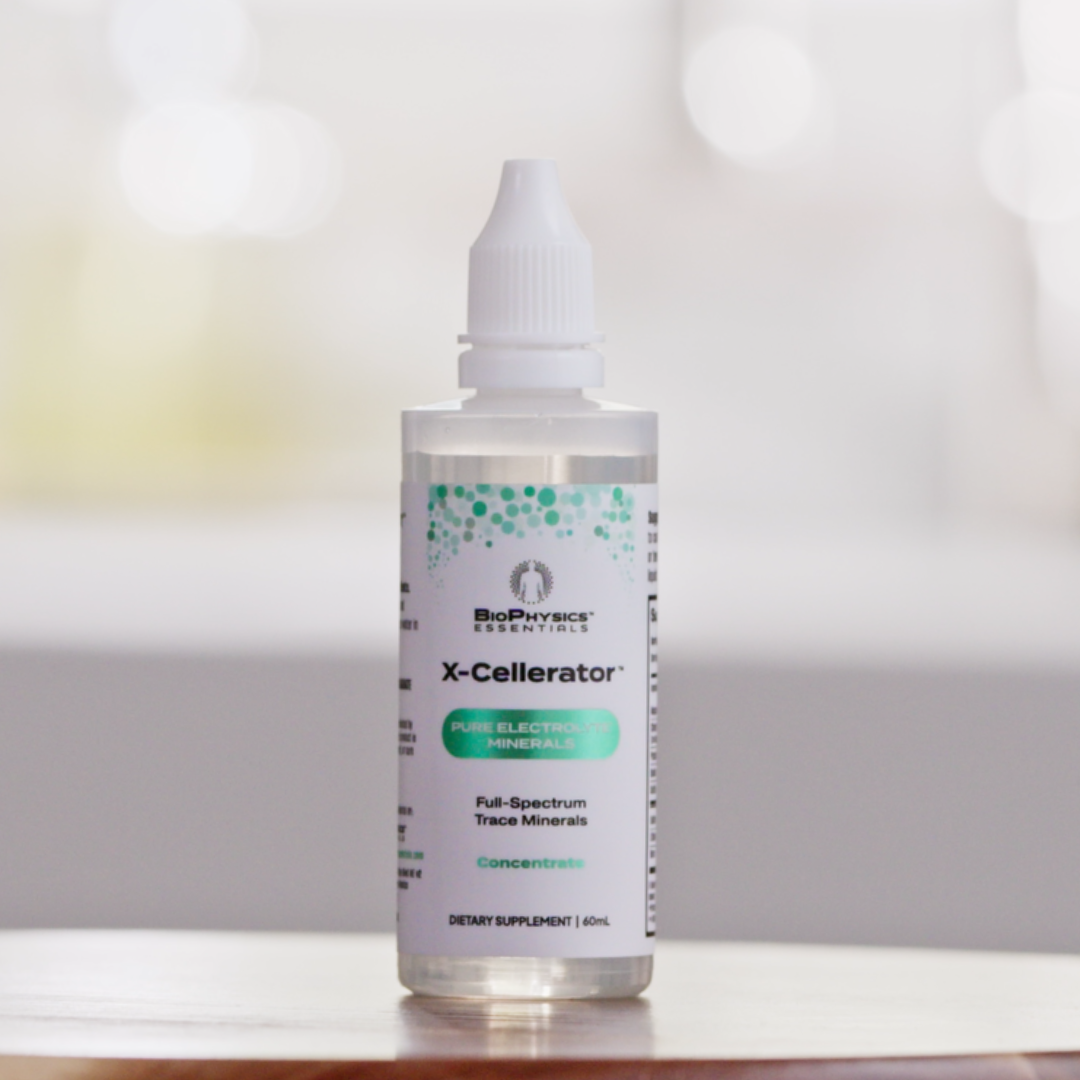Did you know that around 11% of people worldwide suffer from irritable bowel syndrome (IBS)? This condition can be quite troublesome, but research shows that Bacillus coagulans may help alleviate its symptoms (Canavan et al., 2014). As a spore-forming probiotic, Bacillus coagulans possesses unique characteristics that give it an edge over traditional probiotics, making it a valuable asset in gut health. This article explores the benefits of this remarkable microorganism and its contributions to overall well-being.
| What You Need to Know |
|---|
| Bacillus coagulans is a spore-forming probiotic that survives harsh gastrointestinal conditions. |
| It is classified as Generally Recognized As Safe (GRAS) by the FDA, ensuring its safety for consumption. |
| Studies indicate that it can improve gut health, reduce gastrointestinal infections, and alleviate IBS symptoms. |
Unique Characteristics of Bacillus Coagulans
Bacillus coagulans stands out due to its spore-forming ability, allowing it to withstand extreme conditions. Unlike many traditional probiotics, which can be easily destroyed by heat and stomach acidity, Bacillus coagulans can survive these harsh environments and reach the intestines intact (Keller et al., 2019). This resilience makes it a more effective option for promoting gut health.
The FDA has classified Bacillus coagulans as GRAS, meaning it is safe for human consumption. Its non-pathogenic nature and ability to produce lactic acid contribute to its safety profile. The spores of Bacillus coagulans provide exceptional resistance to heat and other environmental stressors, making it suitable for various food applications, even those requiring heat treatment.
Probiotic Benefits of Bacillus Coagulans
Research highlights the myriad benefits of Bacillus coagulans in promoting gut health. Studies have shown that it can improve gastrointestinal health, reduce infections, and alleviate symptoms associated with IBS (Gupta, 2021). In clinical trials, 63.16% of participants reported a significant reduction in symptoms after taking Bacillus coagulans.
This probiotic is often included in functional foods and dietary supplements like MicroBiome Restore to enhance their nutritional profile. By maintaining a healthy gut microbiota, Bacillus coagulans contributes to overall wellness and helps strengthen the immune system. Its ability to thrive in various food applications makes it an attractive option for manufacturers looking to create healthier products.

Bacillus Coagulans in Alleviating IBS Symptoms
IBS is a common gastrointestinal disorder that can significantly impact quality of life. Clinical studies have reported that Bacillus coagulans can alleviate symptoms such as abdominal pain and bloating. In one study, 90.57% of IBS patients who took Bacillus coagulans experienced symptom relief (Madempudi et al., 2019).
The incorporation of Bacillus coagulans into products aimed at addressing digestive health issues highlights its importance in managing IBS. By restoring balance to gut flora and reducing inflammation, this probiotic offers a promising option for individuals seeking relief from IBS symptoms.

Industrial Applications of Bacillus Coagulans
Bacillus coagulans has found its niche in the food industry due to its remarkable stability and resilience. It is widely used in heat-treated foods such as baked goods, cereals, and probiotic supplements, ensuring its survival through processing and storage (Konuray & Erginkaya, 2018). Its ability to thrive under challenging conditions opens the door for innovative applications in various food products.
This probiotic contributes to the production of essential enzymes and metabolites, such as lactic acid and α-amylase, making it valuable not only in food processing but also in pharmaceuticals and biotechnology. As the demand for functional foods continues to grow, Bacillus coagulans stands out as a key player in meeting consumer needs.
Antimicrobial Properties of Bacillus Coagulans
One of the standout features of Bacillus coagulans is its ability to produce bacteriocins, which are antimicrobial compounds that inhibit harmful pathogens such as E. coli and Listeria. These properties not only contribute to gut health but also enhance food safety by preventing spoilage and contamination (Hyronimus et al., 1998).
The bacterium's antifungal effects further expand its utility in both human and animal health. By mitigating infections and promoting a healthy gut environment, Bacillus coagulans plays a critical role in maintaining overall health and well-being.
Cost-Efficiency of Bacillus Coagulans
One of the significant advantages of Bacillus coagulans is its ability to thrive on low-cost substrates, including agricultural byproducts like wheat straw and corn stover. This characteristic not only makes it a cost-effective option for probiotic production but also contributes to sustainability in food manufacturing (Konuray & Erginkaya, 2018).
The efficient production methods used for Bacillus coagulans can help reduce the overall costs associated with traditional probiotic manufacturing. Its capacity to produce valuable metabolites sustainably positions it as a viable option for various industries seeking eco-friendly alternatives.
Safety and Side Effects of Bacillus Coagulans
In clinical trials, Bacillus coagulans has shown a strong safety profile with no reported severe side effects, making it a reliable option for various populations (Gupta, 2021). Despite its safety, individuals with compromised immune systems should consult healthcare professionals before incorporating it into their routines.
Understanding the safety profile of Bacillus coagulans ensures that consumers can make informed choices about their probiotic intake. The absence of harmful effects further solidifies its position as a beneficial probiotic option for gut health.

Dosage Recommendations for Bacillus Coagulans
The recommended dosage of Bacillus coagulans for adults, particularly those suffering from IBS, typically starts around 1-2 billion CFUs daily (Verywell Health, 2024). Adhering to proper dosing guidelines is crucial to maximize the benefits while minimizing any potential risks associated with its use.
Individuals should consult healthcare providers to determine the most suitable dosage based on their health conditions and needs. Understanding the appropriate dosage helps ensure that consumers receive the full benefits of Bacillus coagulans without any adverse effects.
Bacillus Coagulans and Gut Microbiota Balance
Bacillus coagulans plays a crucial role in maintaining gut microbiota balance by promoting the growth of beneficial bacteria while inhibiting harmful strains (Donskey et al., 2001). This balance is essential for digestive health and overall well-being, as it helps prevent gastrointestinal disorders and supports immune function.
By restoring the natural flora in the gut, Bacillus coagulans contributes to improved digestion and nutrient absorption. Its ability to enhance the beneficial bacteria in the gut underscores its importance in promoting a healthy digestive system.
Future Research Directions for Bacillus Coagulans
Ongoing research is vital to fully understand the efficacy of Bacillus coagulans across various health conditions, especially IBS and other digestive disorders (FAO/WHO, 2002). Further studies will help clarify its benefits, optimal dosages, and potential applications in other areas of health.
As scientists continue to explore the potential of Bacillus coagulans, the findings may lead to innovative solutions for digestive health and beyond. Future research will not only validate existing claims but also uncover new possibilities for this remarkable probiotic.
Conclusion
Bacillus coagulans is a versatile probiotic with far-reaching benefits, particularly for gut health. Its unique characteristics, such as heat resistance and robust survival through digestive processes, make it an invaluable addition to functional foods and dietary supplements (Verywell Health, 2024). With a strong safety profile and various applications in the food industry, Bacillus coagulans is poised to make a significant impact on health and wellness.
As research progresses, the potential of Bacillus coagulans will continue to unfold, providing valuable insights into its role in digestive health and beyond. This resilient probiotic stands out as a promising option for those seeking to enhance their gut health and overall well-being.
Key Points
- Bacillus coagulans is a resilient probiotic effective in treating IBS symptoms.
- This microorganism possesses heat resistance, ensuring survival through gastrointestinal transit.
- It produces beneficial compounds that inhibit harmful bacteria and promote gut health.
- The FDA classifies Bacillus coagulans as safe for consumption, bolstering consumer confidence.
References
- Canavan, C., et al. (2014). Epidemiology of Irritable Bowel Syndrome. BMJ Open Gastroenterology, 1(1), e000008.
- Gupta, S. (2021). Probiotic Effects of Bacillus coagulans in IBS Management. International Journal of Probiotics and Prebiotics.
- Keller, J. et al. (2019). Survival of Bacillus coagulans in Gastrointestinal Conditions. Journal of Applied Microbiology.
- Madempudi, R. S. et al. (2019). Clinical Evaluation of Bacillus coagulans in IBS. Journal of Gastrointestinal Disorders, 7(2).
- Hyronimus, B. et al. (1998). Antimicrobial Properties of Bacillus coagulans. Journal of Food Safety.
- Konuray, G., & Erginkaya, Z. (2018). Potential Use of Bacillus coagulans in the Food Industry. Frontiers in Microbiology, 9, 2315.
- Donskey, C. J. et al. (2001). Impact of Bacillus coagulans on Gut Microbiota Balance. Journal of Clinical Microbiology.
- FAO/WHO (2002). Guidelines for the Evaluation of Probiotics in Food.
- Verywell Health. (2024). Probiotics: Health Benefits and Uses.









Share and get 15% off!
Simply share this product on one of the following social networks and you will unlock 15% off!